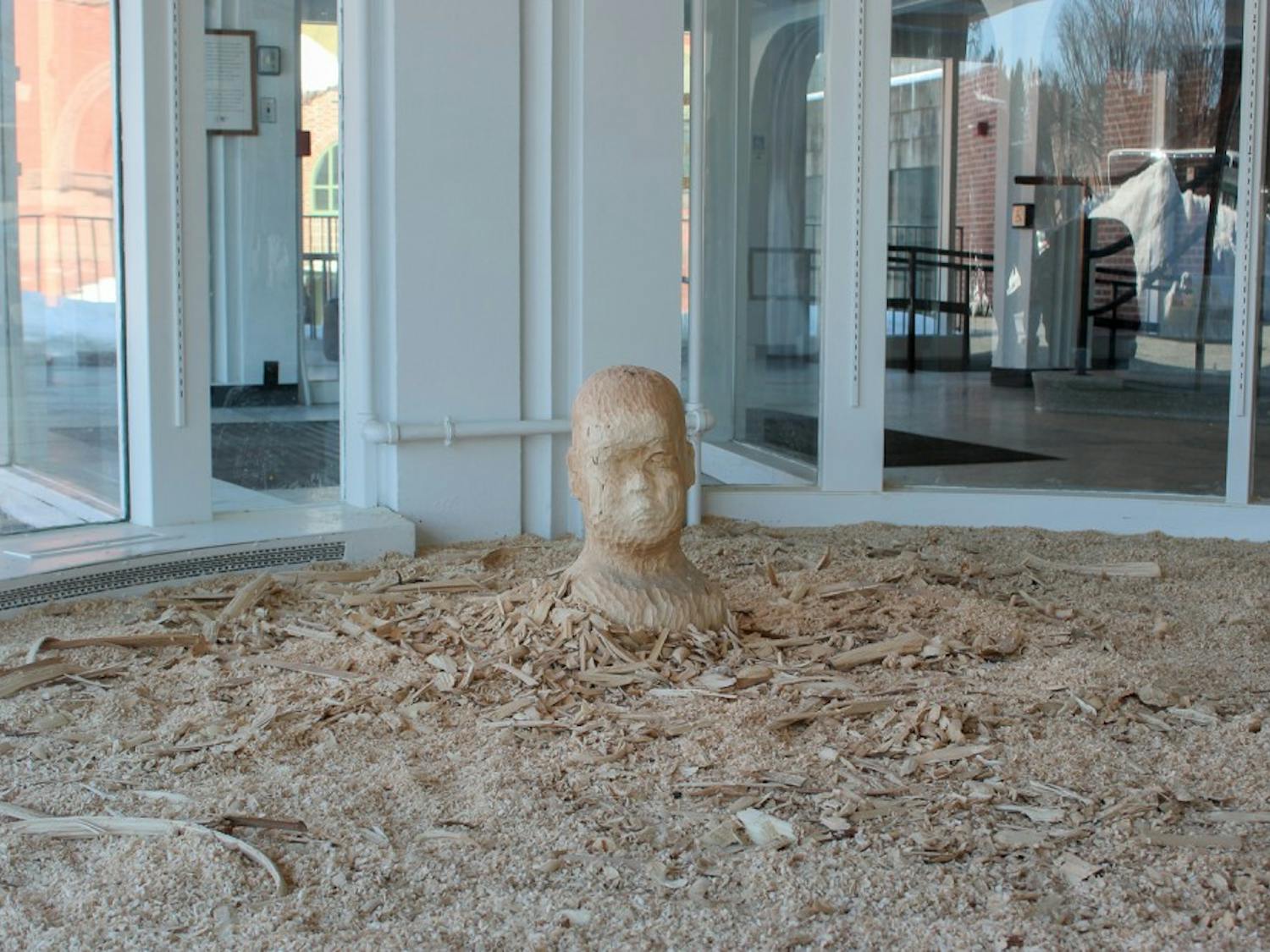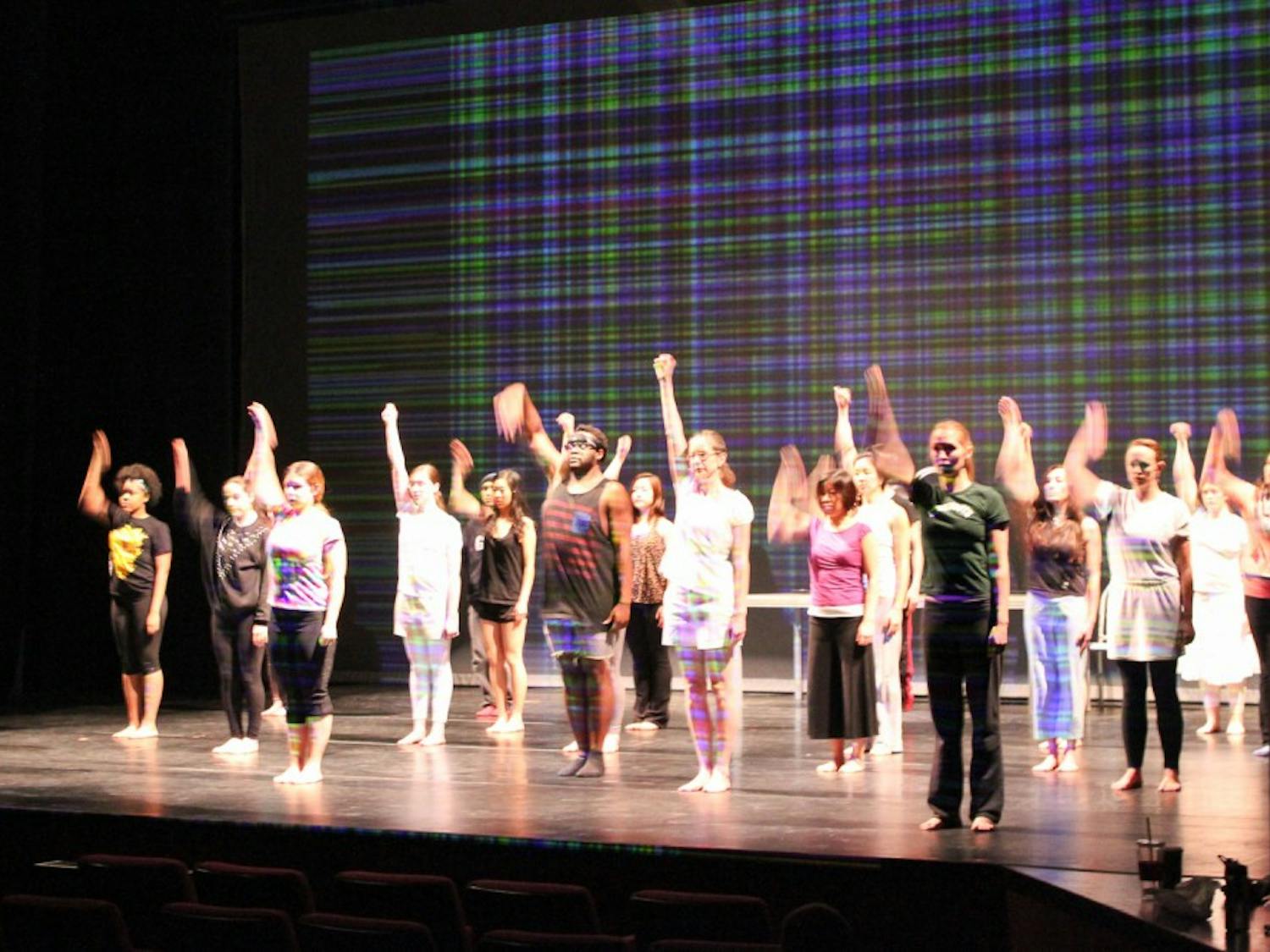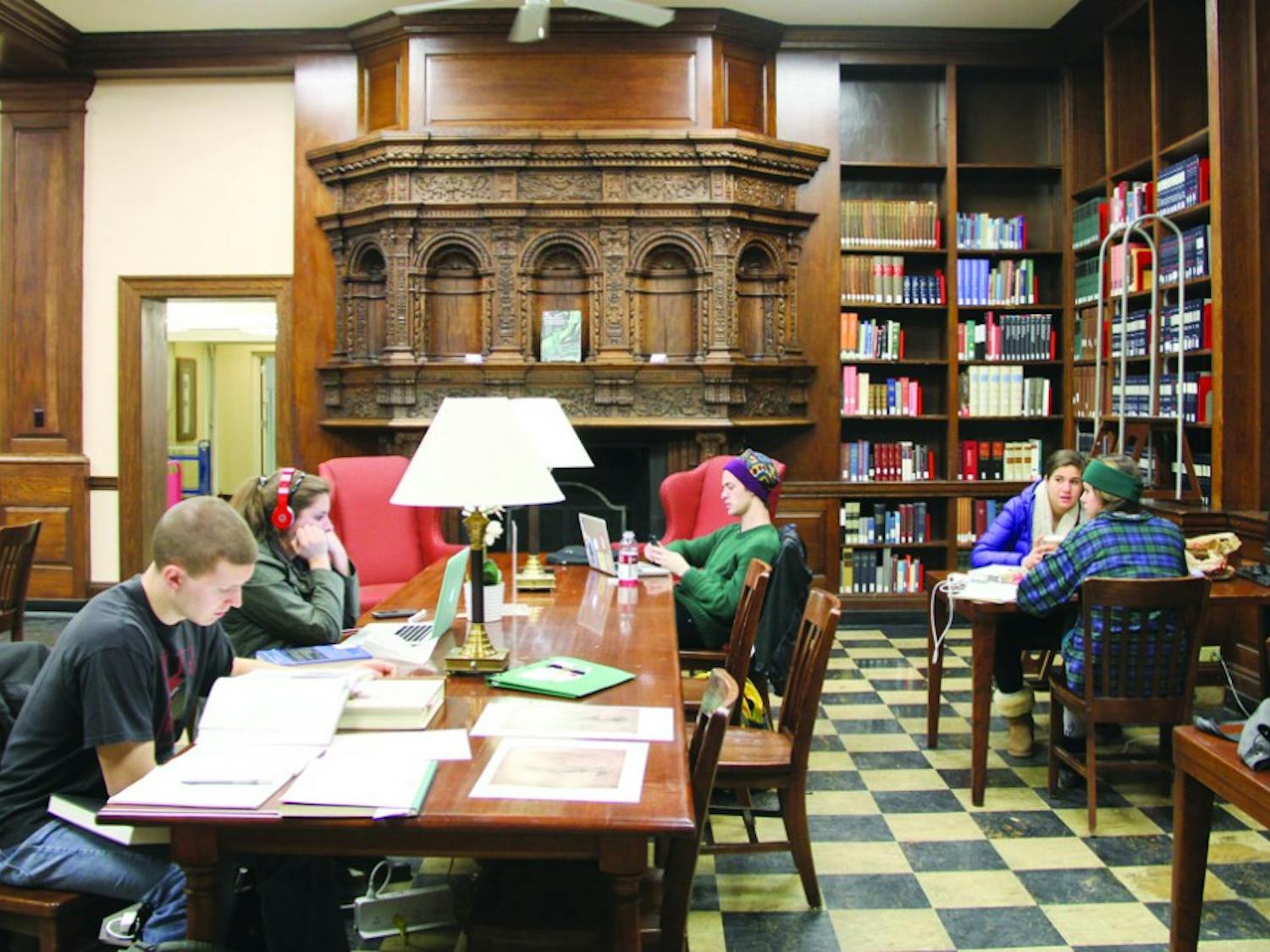Exhibit tells stories of the Salton Sea
A glance through the glass walls of the Hopkins Center’s Strauss Gallery reveals vibrant and intriguing photographs hanging on its whitewashed walls — the works of senior studio art lecturer and renowned photographer Virginia Beahan.




